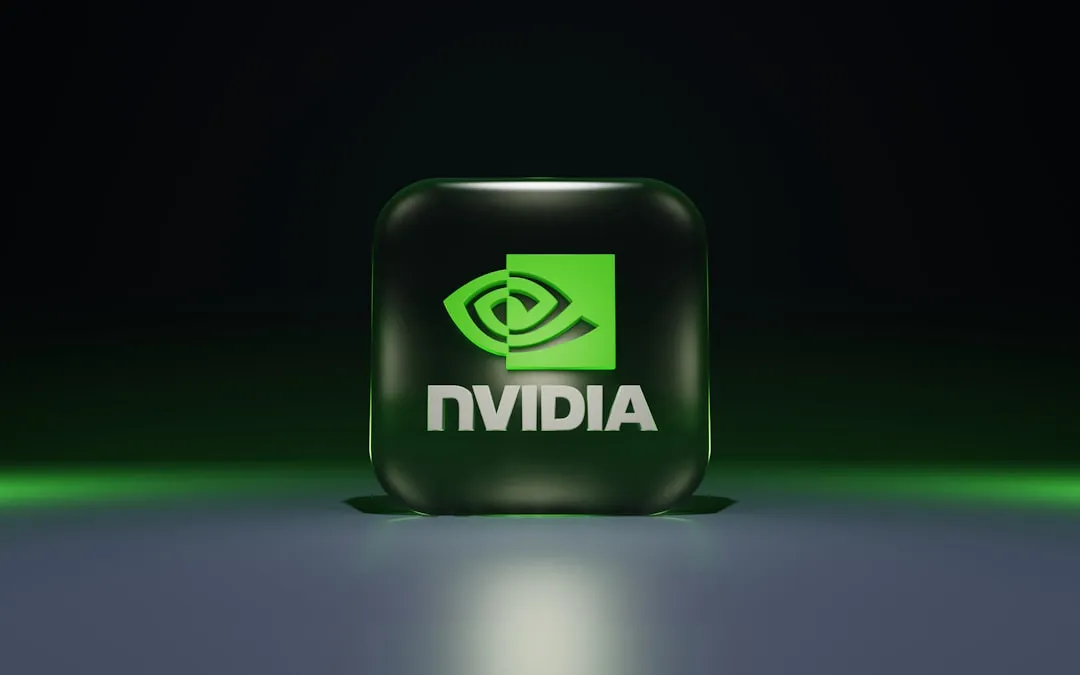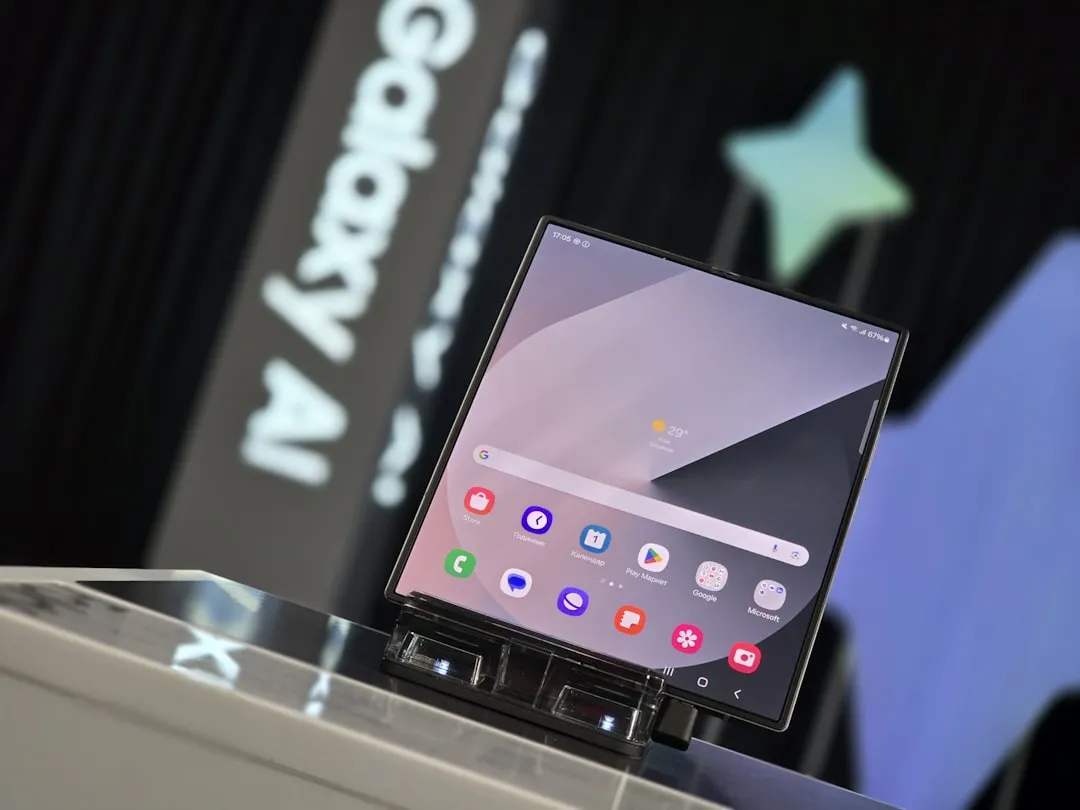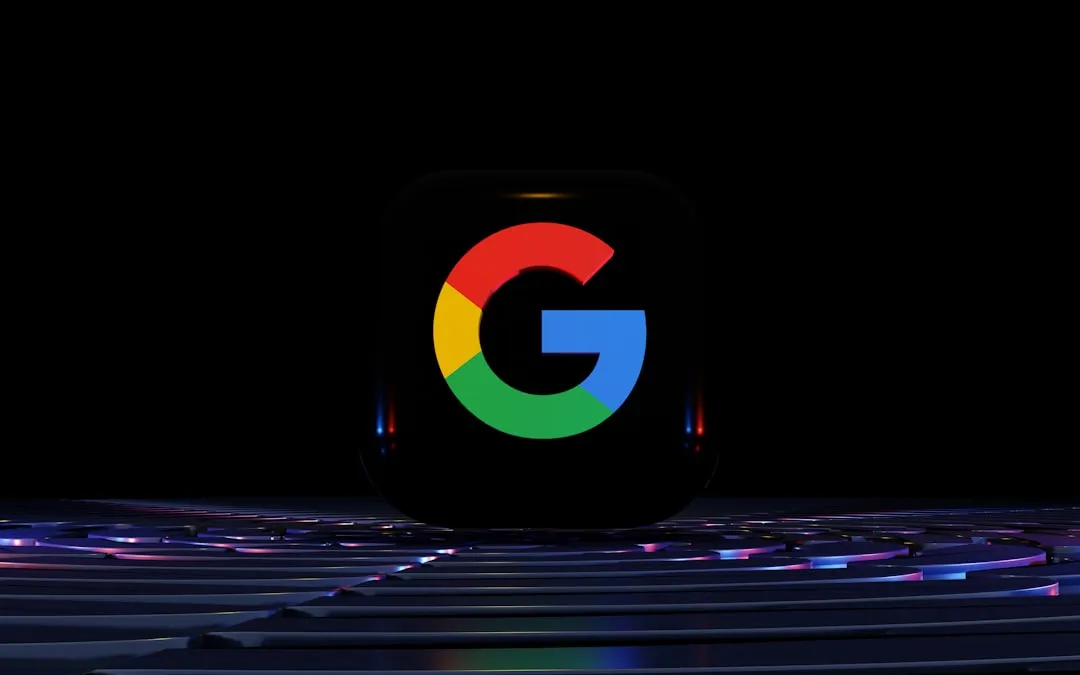At the end of 2017, Mozilla introduced the world to Quantum. While desktop Firefox received all the improvements, Android users were stuck waiting for one of the biggest components to hit, which brought speed that surpassed Google Chrome. Well the wait is over, the new and improved Firefox Mobile is finally here.
Quantum is one of the biggest updates in Firefox's history. Tired of being the good but slow browser, Mozilla introduced a number of changes geared toward faster performance. While Android received many of the changes, a key component was delayed until the v60.0 release. The beta is finally out for v60.0, and with it comes the one major piece that transforms Firefox Mobile into Firefox Quantum.
From Gecko to Servo
Firefox has always been a full-featured web browser that included a number of tools to assist with the browsing experience, such as extensions and themes. For years, it was built on Gecko, a browser engine that was first created for Netscape in 1997.
Despite its flexibility, Firefox is a notoriously slow browser, especially when compared to Google Chrome. This lack of performance spearheaded the Servo project, a new browser engine which is vastly superior to its predecessor.
Experimentation for this new engine started in 2013. After three years, Mozilla realized that several more years would be needed for Servo to become a complete browser engine. Instead of waiting, Mozilla decided to start the Quantum project, which took many of the stable portions of the Servo project and incorporated them into Firefox.
Enter Firefox Quantum
Firefox Quantum is actually comprised of several components. The new Photon UI improves user experience and was designed for faster interaction. Necko, Firefox's networking layer, was improved for faster transfer of data.
However, the biggest improvement to Quantum, the change which is the most responsible for Mozilla's claim of performance in line with Google Chrome, is the new CSS engine, Stylo. Stylo is a combination of innovations from multiple different browsers, including Chrome and Servo. It takes advantage of the multiple cores of modern hardware by parallelizing the different components (more on that later). It is with this component alone that Firefox now offers comparable speed to Chrome.
The CSS engine is so important because it's a part of the browser's rendering engine. CSS files are responsible for all the styling and colors of a page. The faster this is rendered, the faster you see the webpage on your display. Stylo improves rendering speed by parallelizing, which splits up styling computation and runs them across the multiple cores of modern CPUs. Going forward, the idea is that as cores increase, so will performance. Just think, the Snapdragon 845 uses eight cores, so devices using this chipset should see huge performance gains.
When Firefox v57.0 was introduced, all these changes were included in the desktop update. However, for mobile users, all but Stylo was included. While Stylo integration isn't possible with iOS (all browsers must be based on Safari's browser engine, WebKit), it was with Android. So while Android users did see a small increase in speed due to the other changes, it wasn't Firefox Quantum speed.
Available now in beta is Firefox v60.0, which brings the Stylo CSS engine to Android. While Mozilla didn't set a date for when this will reach the stable channel, expect an upgrade in few weeks as beta users test out the improvements. If you'd like to give the beta version a try, click the link below.

With Firefox Quantum, Android users have even more incentive to switch to Firefox. Even before the switch, Firefox emerged as the top browser for Android — and now with the speed boost, Firefox will start putting some distance between itself and the competition. What do you think about Firefox Quantum? What browser are you currently using? Let us know in the comments below.
- Follow Gadget Hacks on Facebook, Twitter, YouTube, and Flipboard
- Follow WonderHowTo on Facebook, Twitter, Pinterest, and Flipboard
Cover image and screenshots by Jon Knight/Gadget Hacks

























Comments
Be the first, drop a comment!